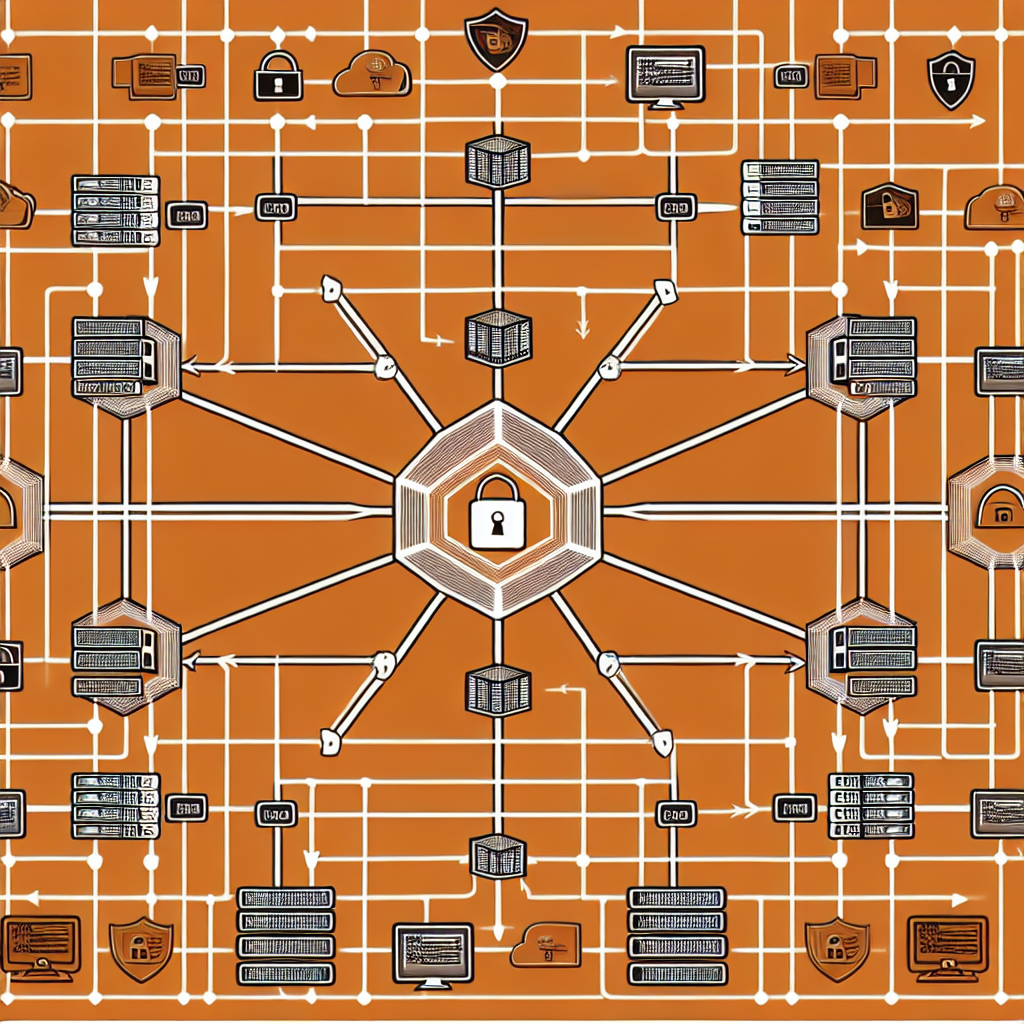In the realm of cybersecurity and technology, the term "endpoint" holds significant importance. In this article, we will delve into the technical definition of endpoints in cybersecurity and explore their role in protecting networks and data. Additionally, we will also discuss the non-technical meaning of endpoints in technology and how they play a crucial role in ensuring seamless connectivity and functionality. Let's unravel the complexities of endpoints and understand their significance in the digital landscape.
1. Understanding the Technical Definition of Endpoints in Cybersecurity
Understanding the technical definition of endpoints in cybersecurity is crucial for organizations looking to protect their networks and sensitive data. In the context of cybersecurity, an endpoint refers to any device that connects to a network, such as laptops, desktop computers, smartphones, tablets, and servers. These endpoints serve as entry points for cyber threats, making them vulnerable to malware, ransomware, phishing attacks, and other malicious activities.
Endpoint security involves implementing measures to protect these devices from cyber threats, such as installing antivirus software, firewalls, encryption, and intrusion detection systems. Additionally, organizations can utilize endpoint management solutions to monitor and manage the security of these devices, ensuring that they are up-to-date with the latest security patches and policies.
By understanding the technical definition of endpoints and the importance of securing them, organizations can better protect their networks and data from cyber threats, ultimately reducing the risk of a data breach or security incident.
2. Exploring the Non-Technical Meaning of Endpoints in Technology
In technology, the term "endpoint" can also refer to a physical device or node on a network that is used to transmit and receive data. In a non-technical sense, endpoints can be seen as the starting or ending points of a communication or data transfer process. For example, when sending an email, the sender's device and the recipient's device can be considered as endpoints. Similarly, in a video call, the devices used by the participants serve as endpoints for the transmission of audio and video data.
Understanding endpoints in technology is crucial for ensuring secure and efficient communication and data transfer. By identifying and securing endpoints, organizations can protect against cyber threats and data breaches. Additionally, optimizing endpoints can help improve the speed and reliability of network connections, ultimately enhancing the overall user experience.
In conclusion, while endpoints may have a technical definition in the realm of technology, their non-technical meaning is equally important in understanding their role in communication and data transfer processes. By exploring both perspectives, individuals and organizations can effectively leverage endpoints to enhance their technological capabilities.

